Revealed in court: Google paid $8 billion over 4 years to make its services default on Samsung devices

Not too long ago, we shared details about Google allegedly shelling out a hefty $18 billion to maintain its status as the iPhone's default search engine. Now, in the midst of the ongoing second case filed by Epic Games against Google, intriguing revelations are emerging—this time involving Google and Android phone manufacturers.
Bloomberg's report unveils that Google has committed to a staggering $8 billion over four years to Samsung. This hefty sum secures Google's search engine, voice assistant, and Play Store as the default on Samsung's mobile devices. The disclosure comes from testimony presented by Epic Games during the trial.
James Kolotouros, Google's Vice President for Partnerships, spilled the beans, stating that Google devised strategies to share app store revenue with Android mobile device manufacturers. The objective? Ensuring that their products come preinstalled with Google Play on home screens.
Epic Games, the creator of Fortnite, contends that Google's app marketplace violates antitrust laws, using the agreement with Samsung as a prime example of deals initiated four years ago with Android phone makers.
Epic's lawyer, Lauren Moskowitz, delved into a 2019 Google internal presentation called "Project Banyan." The project focused on investing funds to fortify the Google Play Store against Samsung's Galaxy App Store. The presentation started with “Existential Question — How do we continue to keep Play as the preeminent distribution platform for Android?”
In 2019, Google proposed to pay Samsung $200 million over four years to include Samsung's Galaxy Store app marketplace within the Google Play store. However, this plan was abandoned, leading to three deals signed in the following year, totaling $8 billion over four years.
Internal documents brought forth during the trial indicate that Google saved almost $1 billion over four years by retracting its request for Google Play to be exclusively available on a device's first screen, known as the home screen. This meant Google Play would appear on the home screen, leaving space for Samsung to add the Galaxy Store, according to the document.
Under scrutiny by Google's lawyer, Glenn Pomerantz, Kolotouros clarified that Google and Samsung never reached an agreement barring Samsung from placing its Galaxy store on a device's home screen. The essence of these deals, as per Kolotouros, was to prevent users from transitioning from Samsung Android devices to Apple's iPhone, reinforcing Google's stance that its policies and agreements are legitimate endeavors in the spirit of healthy competition.
Bloomberg's report unveils that Google has committed to a staggering $8 billion over four years to Samsung. This hefty sum secures Google's search engine, voice assistant, and Play Store as the default on Samsung's mobile devices. The disclosure comes from testimony presented by Epic Games during the trial.
Epic Games, the creator of Fortnite, contends that Google's app marketplace violates antitrust laws, using the agreement with Samsung as a prime example of deals initiated four years ago with Android phone makers.
Kolotouros' testimony brings to light that Samsung devices contribute to half or more of Google Play revenue. Epic aims to demonstrate that Google's executives were keen on discouraging the rise of third-party app stores that could dent Google Play's operating profit. Epic estimates this profit to surpass $12 billion in 2021, factoring in the standard 30% revenue cut Google takes from app developers.
Epic's lawyer, Lauren Moskowitz, delved into a 2019 Google internal presentation called "Project Banyan." The project focused on investing funds to fortify the Google Play Store against Samsung's Galaxy App Store. The presentation started with “Existential Question — How do we continue to keep Play as the preeminent distribution platform for Android?”
In 2019, Google proposed to pay Samsung $200 million over four years to include Samsung's Galaxy Store app marketplace within the Google Play store. However, this plan was abandoned, leading to three deals signed in the following year, totaling $8 billion over four years.
Under scrutiny by Google's lawyer, Glenn Pomerantz, Kolotouros clarified that Google and Samsung never reached an agreement barring Samsung from placing its Galaxy store on a device's home screen. The essence of these deals, as per Kolotouros, was to prevent users from transitioning from Samsung Android devices to Apple's iPhone, reinforcing Google's stance that its policies and agreements are legitimate endeavors in the spirit of healthy competition.


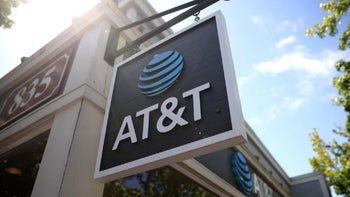
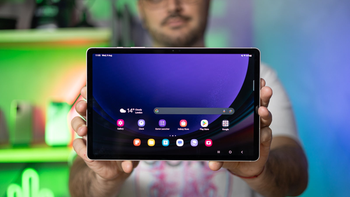
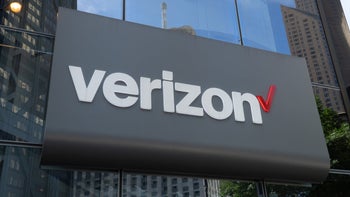




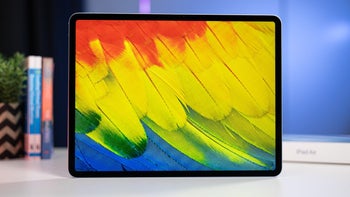


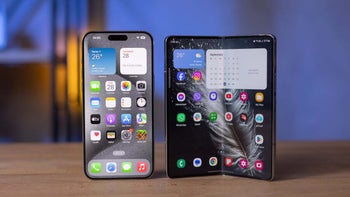

Things that are NOT allowed: